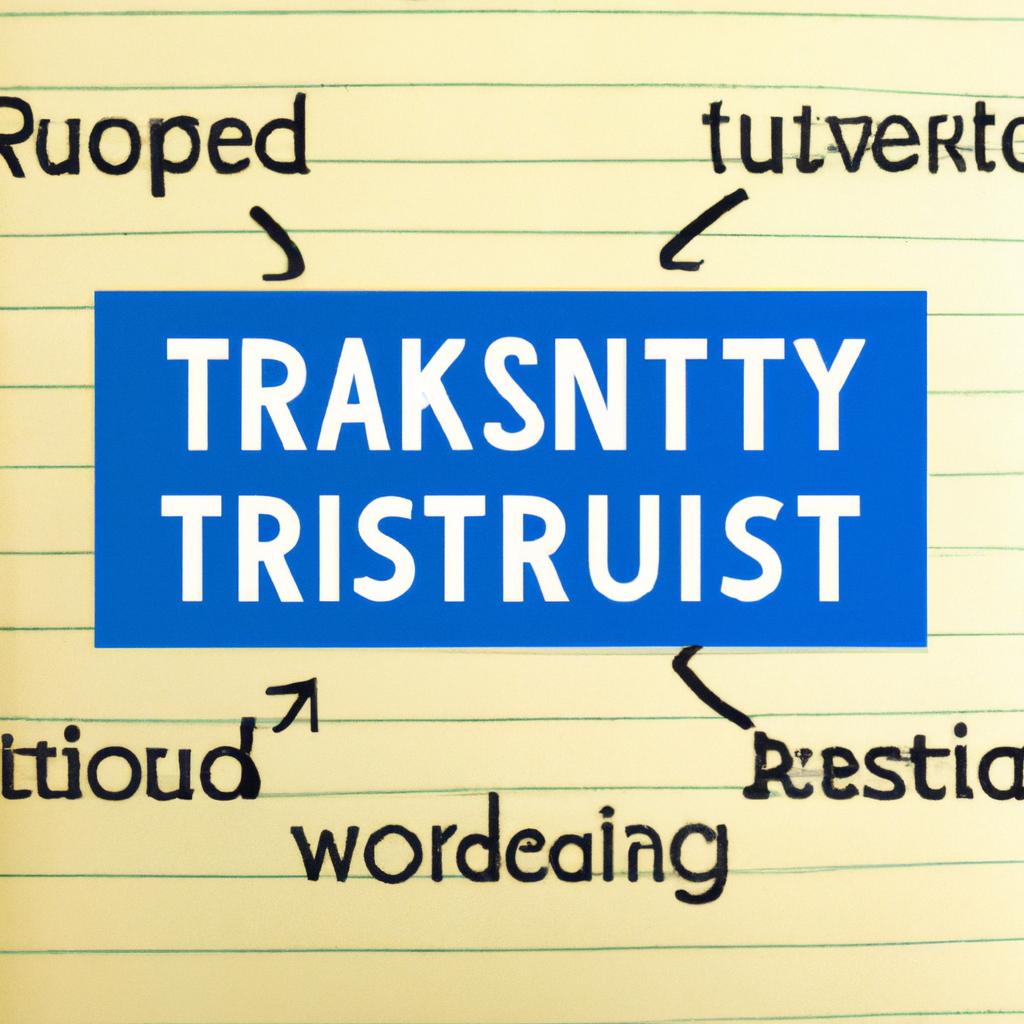In a world where brand identity shapes consumer perception and loyalty, the significance of safeguarding that identity cannot be underestimated. Enter the concept of zip code protected brands—those local trademarks and brands whose uniqueness is tethered intricately to their geographical origins. As markets grow more globalized and competition intensifies, the respect for these localized brand icons is not merely a matter of legal obligation but a vital practice in maintaining authenticity and trust. This article delves into the delicate balance of brand integrity, exploring the nuances of zip code protection and highlighting its critical role in today’s business landscape. From artisanal cheeses crafted in Wisconsin to the iconic wines of Napa Valley, we will uncover why respecting these brands not only fortifies their legacy but also enriches the cultural tapestry of commerce. Join us on a journey to understand how honoring geographic branding protects the stories, traditions, and economies of communities around the world.
Understanding Zip Code Protected Brands and Their Value
Zip code protected brands are those entities that have established a unique identity tied to a specific geographical area, often resulting in both local recognition and loyalty. These brands usually gain their status through longstanding history, community involvement, and the quality of their products or services that resonate with local consumers. This distinctive association fosters a sense of pride among residents, contributing to a feeling of belonging that strengthens community ties. The value of these brands lies not only in their financial worth but also in the cultural significance they hold within their respective locations.
Moreover, safeguarding the integrity of zip code protected brands is crucial to maintaining their authenticity and protecting consumer trust. It is essential that these brands are recognized legally to prevent misuse and dilution by entities outside the designated areas. Here are some key aspects that emphasize their importance:
- Consumer Confidence: Local brands boost buyers’ assurance in the quality and reliability of products.
- Community Identity: These brands often embody local traditions, values, and unique flavors.
- Economic Contributions: They support local economies by creating jobs and encouraging regional spending.

Navigating Legal Landscapes: Compliance Strategies for Businesses
In the complex world of brand management, awareness of zip code protected brands has become crucial for businesses seeking to maintain their reputation and avoid legal entanglements. These brands, which are geographically restricted and carry significant local significance, must be respected to ensure compliance and safeguard brand integrity. Companies operating in or around these designated areas need to implement robust strategies that include:
- Thorough Research: Investigating local brand regulations and zip code protections.
- Trademark Monitoring: Regularly checking for potential infringements within protected zones.
- Engagement with Local Entities: Building relationships with local businesses and communities to foster goodwill.
- Legal Consultation: Seeking expert advice when launching products or services that may intersect with these brands.
Understanding the nuances associated with zip code protected brands not only mitigates legal risks but also enhances customer trust. By adopting compliance strategies, businesses can successfully navigate the complexities of brand stewardship. For instance, a comprehensive approach can include:
| Strategy | Description |
|---|---|
| Education & Training | Conduct regular workshops for employees on trademark laws and brand protection. |
| Regular Audits | Implement semi-annual audits of branding practices to ensure compliance. |
| Brand Development Policy | Create a policy for the consistent development of products avoiding infringement. |

Building Trust: Best Practices for Upholding Brand Integrity
Establishing and maintaining trust with consumers is a critical component of nurturing brand integrity. To achieve this, brands must commit to a set of best practices that resonate with their audience and reflect their core values. Key strategies include:
- Transparency: Openly share business practices, sourcing, and decision-making processes.
- Consistency: Deliver a uniform message across all platforms to create a reliable brand image.
- Accountability: Acknowledge and address mistakes promptly to demonstrate responsibility.
- Respect for Intellectual Property: Adhere to zip code protected brands to avoid legal disputes and foster goodwill.
Furthermore, brands should actively engage with their communities to build rapport and reinforce their commitment to ethical practices. This can be achieved through:
- Community Engagement: Participate in local events or initiatives that showcase a genuine interest in consumer welfare.
- Feedback Loops: Encourage consumer feedback and use it to make informed decisions that enhance product offerings.
- Educational Initiatives: Inform consumers about the importance of respecting zip code protected brands and how it impacts local economies.
| Practice | Impact on Brand Integrity |
|---|---|
| Transparency | Builds consumer confidence. |
| Consistency | Strengthens brand recognition. |
| Accountability | Enhances credibility. |
| Respect for IP | Prevents legal issues. |
Future Outlook
the intricate landscape of brand integrity and respect for zip code protected brands underscores a vital principle of our consumer society: authenticity. As we navigate a market filled with diverse goods and services, honoring the origins and heritage encoded in these regional identifiers not only enriches our consumer experience but also fosters a culture of respect and authenticity. Whether you’re a business owner, a marketer, or a conscientious consumer, understanding the nuances of brand protection isn’t merely a legal obligation—it’s an ethical compass guiding us toward a more genuine marketplace. By valuing these protections, we champion the stories, traditions, and communities behind these brands, ensuring a vibrant tapestry of innovation and respect for generations to come. As you engage in your next purchasing decision, remember: every brand has a story, and safeguarding that story is integral to preserving the authenticity that defines us all.
